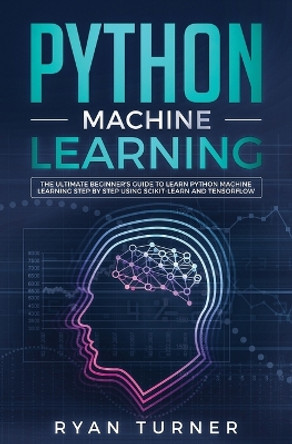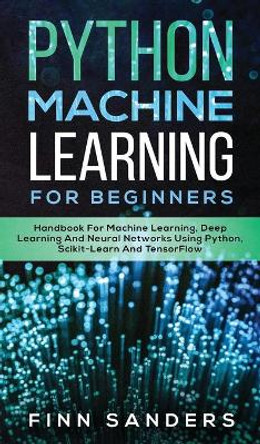Description
Practical AI for Healthcare Professionals
Artificial Intelligence (AI) is a buzzword in the healthcare sphere today. However, notions of what AI actually is and how it works are often not discussed. Furthermore, information on AI implementation is often tailored towards seasoned programmers rather than the healthcare professional/beginner coder. This book gives an introduction to practical AI in the medical sphere, focusing on real-life clinical problems, how to solve them with actual code, and how to evaluate the efficacy of those solutions. You'll start by learning how to diagnose problems as ones that can and cannot be solved with AI. You'll then learn the basics of computer science algorithms, neural networks, and when each should be applied. Then you'll tackle the essential parts of basic Python programming relevant to data processing and making AI programs. The Tensorflow/Keras library along with Numpy and Scikit-Learn are covered as well.
Once you've mastered those basic computer science and programming concepts, you can dive into projects with code, implementation details, and explanations. These projects give you the chance to explore using machine learning algorithms for issues such as predicting the probability of hospital admission from emergency room triage and patient demographic data. We will then use deep learning to determine whether patients have pneumonia using chest X-Ray images.
The topics covered in this book not only encompass areas of the medical field where AI is already playing a major role, but also are engineered to cover as much as possible of AI that is relevant to medical diagnostics. Along the way, readers can expect to learn data processing, how to conceptualize problems that can be solved by AI, and how to program solutions to those problems. Physicians and other healthcare professionals who can master these skills will be able to lead AI-based research and diagnostic tool development, ultimately benefiting countless patients.
About the Author
Abhinav "Abhi" Suri is a current medical student at the UCLA David Geffen School of Medicine. He completed his undergraduate degree at the University of Pennsylvania with majors in Computer Science and Biology. He also completed a Masters in Public Health (in Epidemiology) at Columbia University Mailman School of Public Health. Abhihas been dedicated to exploring the intersection between computer science and medicine. As an undergraduate, he carried out and directed research on deep learning algorithms for the detection of vertebral deformities and the detection of genetic factors that increase risk of COPD. His public health research focused on opioid usage trends in NY State and the development/utilization of geospatial dashboards for monitoring demographic disease trends in the COVID-19 pandemic.
Outside of classes and research, Abhi is an avid programmer and has made applications that address healthcare worker access in Tanzania, aid the discovery process foranti-wage theft cases, and facilitate access to arts classes in underfunded school districts. He also developed (and currently maintains) a popular open-source repository, Flask-Base, which has over 2,000 stars on Github. He also enjoys teaching (lectured a course on JavaScript) and writing. So far, his authored articles and videos have reached over 200,000 people across a variety of platforms.
Book Information
ISBN 9781484277799
Author Abhinav Suri
Format Paperback
Page Count 254
Imprint APress
Publisher APress










